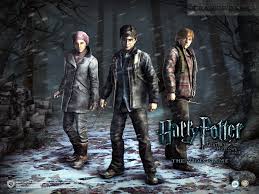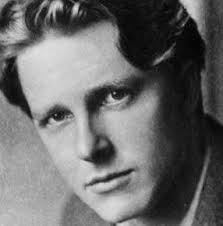harry potter webquest
Self-Help culture and Harry Potter:
Harry potter is a self help book. A self-help book is one that is written with the intention to
instruct its readers on solving personal problems. The books take their name
from Self-Help, an 1859 best-seller by Samuel Smiles, but are also known and classified under "self-improvement", a term that is a modernized version of self-help.
Self-help books moved from a niche position to being a postmodern cultural phenomenon
in the late twentieth century
The theme of Choice and Chance:
the Harry Potter series is esteemed
and loved for many reasons: the rich fantasy world, the beloved characters, the
humor, the suspense-driven plots, the meaningful choices... and the way the
plot fits together like a tightly constructed jigsaw puzzle. The endings of the Harry
Potter novels are filled with "oh, yeah!" moments in which
everything suddenly fits together in new and unexpected ways: the revelation of
Tom Riddle as Voldemort in Harry Potter and the Chamber of Secrets, the
unmasking of Peter Pettigrew in Harry Potter and the Prisoner of Azkaban, and
the true identity of the Prince in Harry Potter and the Half-Blood Prince. At
the end of each Potter novel a final resolution is reached and the loose ends
are neatly tied up
Harry potter and
the purity of blood.
Blood status, also called purity of
blood,[2] is a concept in the wizarding world that distinguishes between family trees
that have different levels of magically-endowed members. It often results in prejudice
towards those who have a large number of Muggles in their families. Wizarding society in general
considers itself apart from and superior to Muggle society, which is not
connected with magic. As Sirius Black informed Harry Potter, almost all wizards of their time have Muggles in
their family trees, though some claim not to. The concept played a key role in
both the First and Second Wizarding Wars. In
truth, pure-blood families have ceased to exist during the 1900s.




Comments
Post a Comment